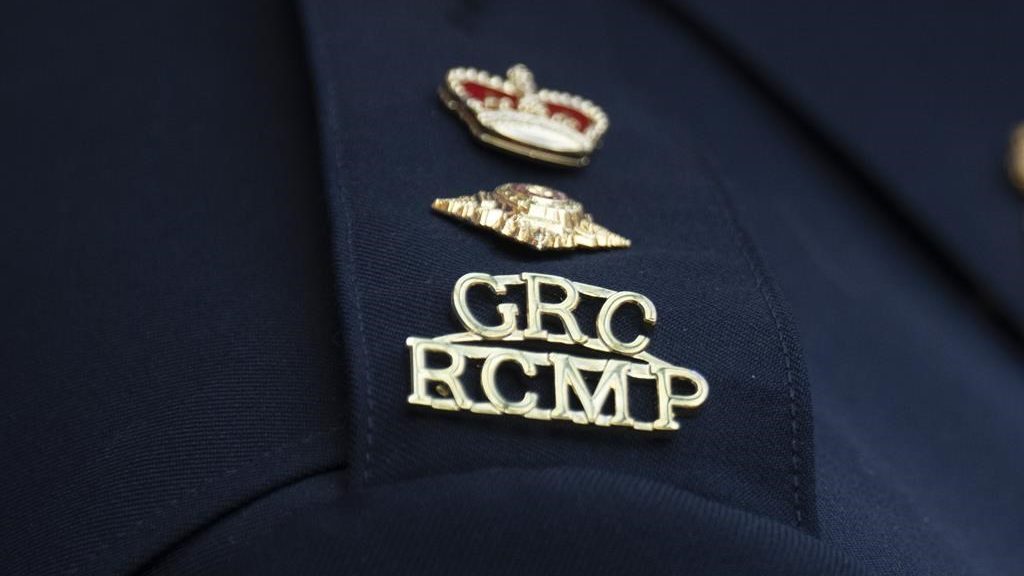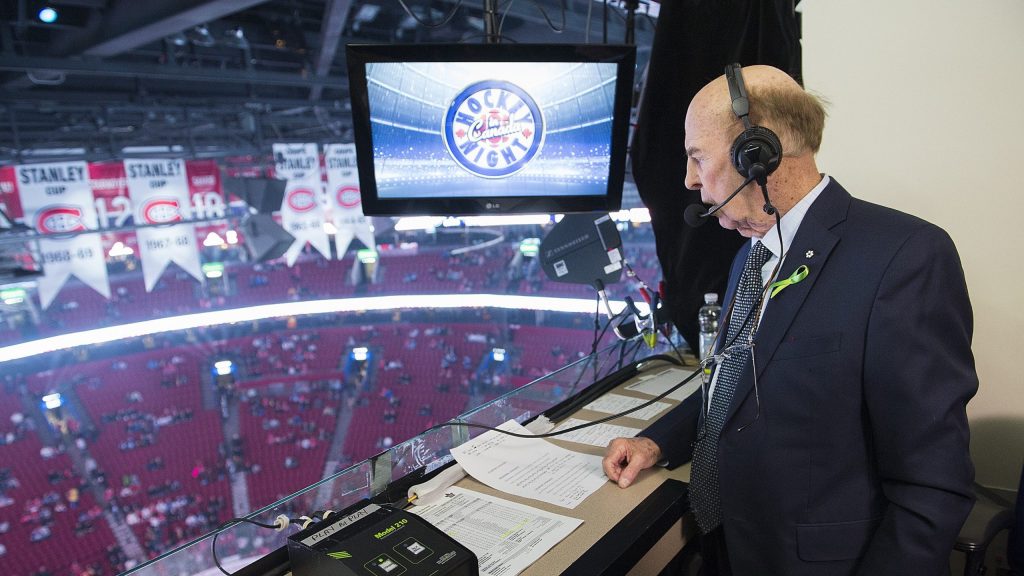Doctors penning social prescriptions to combat depression, loneliness
Posted Jan 5, 2019 03:22:56 PM.
This article is more than 5 years old.
A new mental health treatment wants to help patients with depression and anxiety get engaged with their communities by prescribing social interactions.
The method—first originated in the UK—aims to combat loneliness and increase happiness through meaningful interactions.
It's now spread to Canada and been adopted into practice in Quebec and Ontario.
“When you're issued a social prescription, there's really two models that can take place,” explained clinical psychologist and Dalhousie University professor Dr. Simon Sherry.
“In the first model, your primary care doctor would issue you a prescription to complete a social activity within your community. This might be befriending someone else, it might be something like gardening, getting involved in the arts.”
The second model, used more frequently in the UK, refers patients to a nurse or social worker who help customize a “social prescription plan.”
Sherry says the prescription can be used as an alternative or in addition to mental health medication such as SSRI’s, but that patients should still consider medication if needed.
“We know that getting up, getting active, getting engaged with your community, forging relationships with other people, is a highly effective means to combat depression, and it can also be a very useful adjunct to something like a medication you may already be taking,” he told NEWS 95.7's Sheldon MacLeod.
He also thinks that while this social prescribing method has a lot of enthusiasm right now, more rigorous research needs to be done before it can become common practice.
The theory is sound though, he says.
“We know that humans are social animals, and we know that our mood goes up or goes down based on the nature, the frequency and the quality of our social interactions. So fundamentally its not a bad idea to encourage people who are depressed, anxious or otherwise troubled to get up and get engaged with their world.”
Mental health exists on a spectrum, he explains, and for someone on the more severe end of an illness, treatments like this aren't going to be beneficial. He hopes this gets taken into account as the trend grows.
“For instance, we know more and more loneliness and social isolation is a concern for elderly individuals, so it may be that they benefit from this social prescribing approach more than others,” he said.
Clinical depression often shows up unexpectedly. If you are unexplainably sad and/or guilty, have trouble sleeping and eating, and have low motivation, Sherry recommends seeing a doctor as soon as possible.










